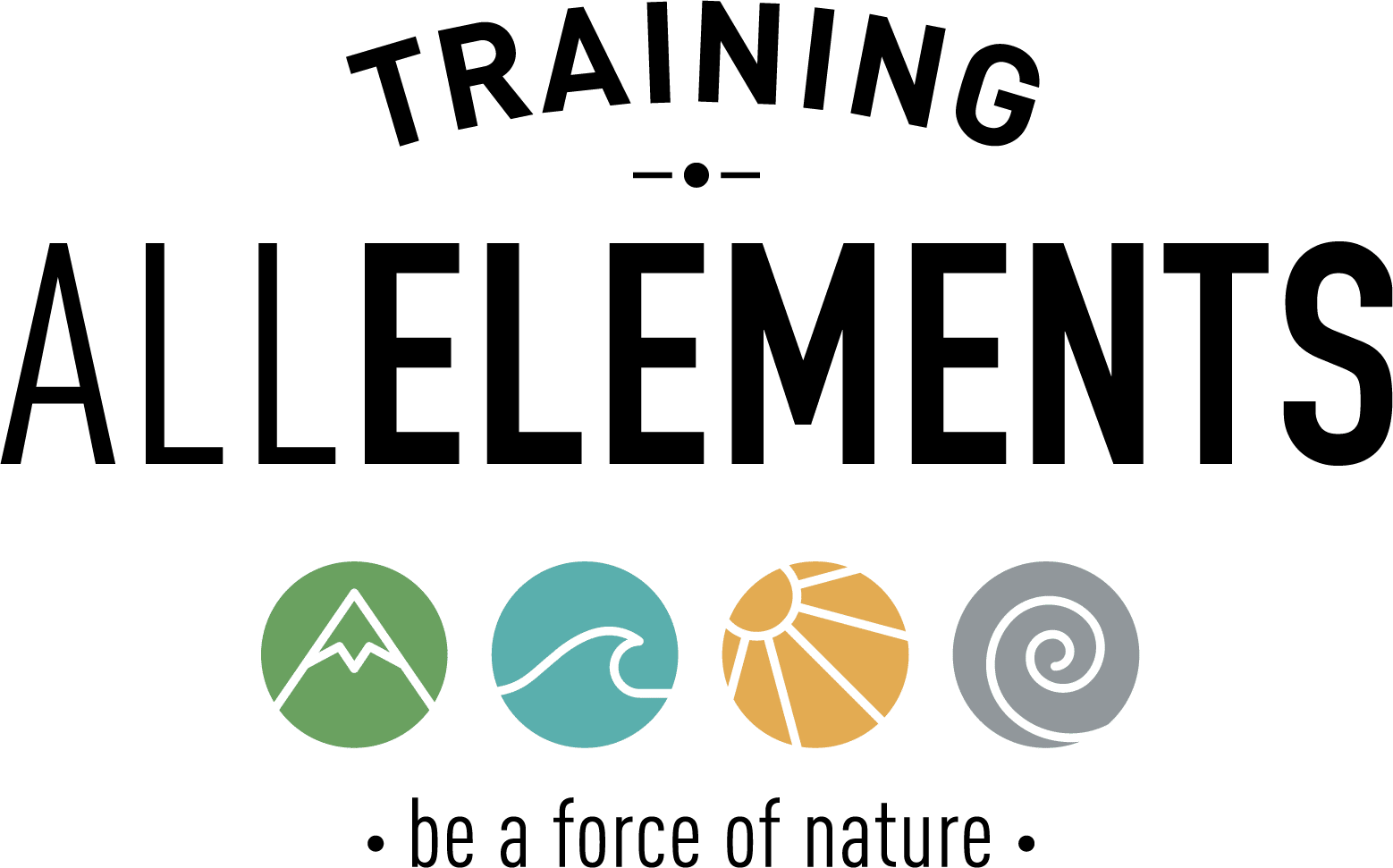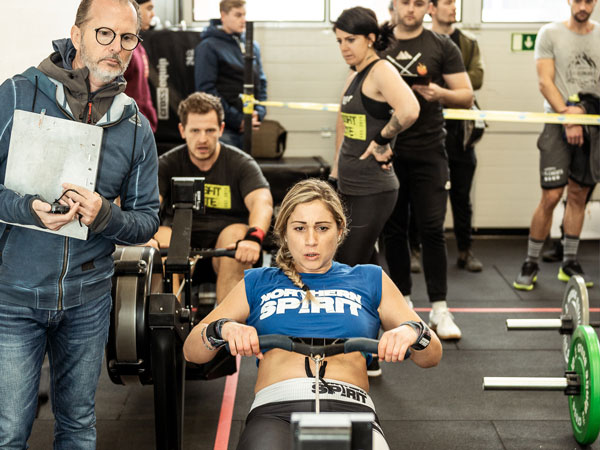What to Do Now that the Opens are Over?
And there we have it, the Opens are finished!
We’re giving you all our advice so you can recover as best as possible and come back stronger.

For many of you, these Opens have meant personal records, improvement, and pushing your limits. We’re proud to see your progress!
However, these Opens have been intense and have put our bodies through the wringer. That’s why it’s important to consider certain factors once the Opens are behind us to avoid any injuries.
Indeed, many athletes get injured after the Opens because, fueled by enthusiasm, they want to continue training at all costs to improve their weaknesses. This overtraining can lead to injuries, preventing you from training and not having the desired effect.
How to Recover
Recovery is ESSENTIAL to improve and prevent injuries. This must be observed on several points:
- Sleep: Your body needs rest to regenerate. Try to get 8 hours of sleep per day for restorative sleep.
- Rest from Exercise: Give yourself rest days. We emphasize this point! The Opens involve high-volume training, overtraining can be fatal. Take rest days or engage in “active recovery” by going for walks.
- Nutrition: Drink water and eat healthily and in sufficient quantities. Your body will thank you, and it will help you recover more quickly. Visit our blog for healthy recipe ideas, as well as our nutrition advice page.
- Stretching: Just like rest days, stretching and mobility will improve your recovery and help reduce knots and tension in your body. It will also help work on your mobility, making you come back even stronger.
- Subscribe to our YouTube channel for stretching exercise ideas.Don’t neglect these steps in sports recovery!

Setting Your Next Goals
Setting goals after the Opens can be an important step for progress. Here are some tips to help you define your next goals:
- Analyze Your Performances: Review your results from the Opens. Identify your strengths and weaknesses. Which movements do you excel at? Where do you need improvement?
- Set Specific Goals: Avoid vague goals like “improve”. Define specific and measurable goals.
- Set a Timeline: Set realistic deadlines to achieve your goals. You could set short-term, medium-term, and long-term goals to keep your motivation intact.
- Work on Your Weaknesses: Focus on areas where you need the most improvement. If you struggle with gymnastics, for example, prioritize Gym sessions.
- Diversify Your Training: Don’t just focus on your weaknesses. Keep developing your strengths while working on your weaknesses to maintain balance in your progress.
- Consult with a Coach: If possible, seek assistance. We can help you develop a personalized training plan and provide valuable advice to achieve your goals.
- Stay Realistic and Adaptable: Be realistic about your abilities and the deadlines you set for yourself. Be prepared to adjust your goals based on your progress and any obstacles you may encounter along the way.
By following these tips, you’ll be better equipped to set meaningful goals and progress in your practice.
We are, of course, available for any additional questions.
With Love, Your All Elements Family











